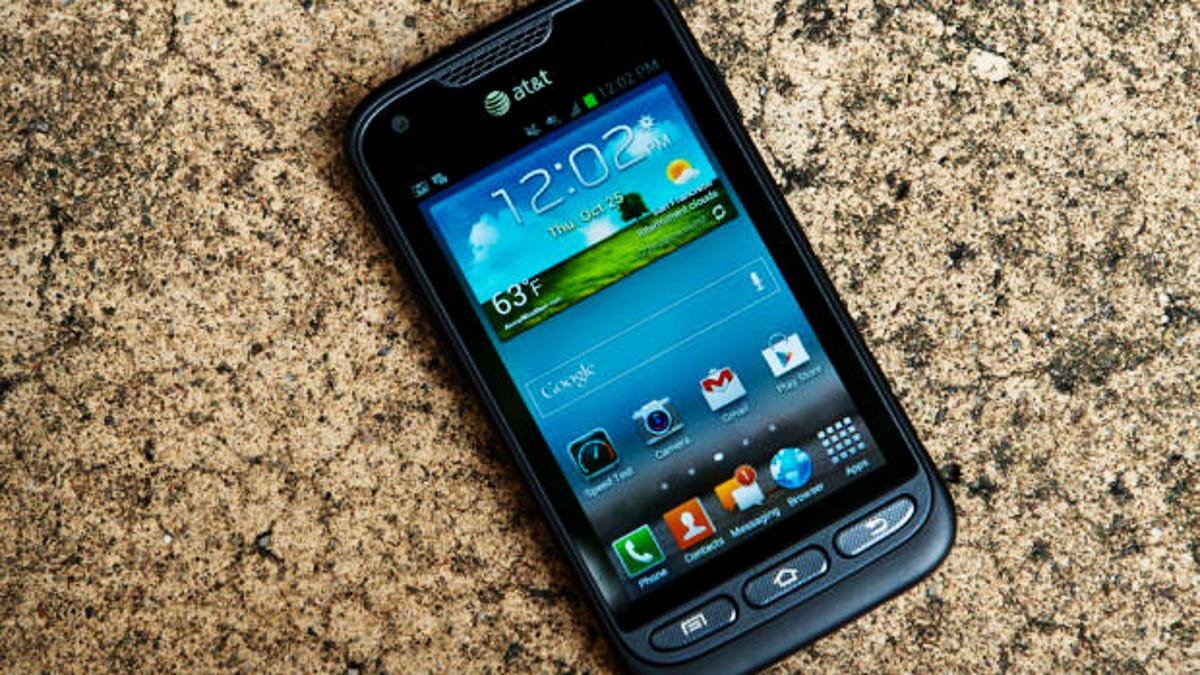Intel developing supercomputer-strength smartphone chip
The chip giant says its 48-core processor for mobile devices is about five to 10 years away, according to a Computerworld report.

According to a report from Computerworld, Intel researchers in Barcelona are "working on finding new ways to use and manage many cores in mobile devices." They expect such chips to be available in about 5 to 10 years, according to the report, which CNET confirmed with Intel for its legitimacy.
Today, smartphone and tablet chips typically top out at four cores (or five, if you count Nvidia's mini Tegra core). Intel's Atom chip, meanwhile, currently only has a single core.
But adding additional cores, Intel says, would allow a device to distribute tasks among the different parts of the chip, making the processor faster and more power-efficient.For example, one core could encrypt an e-mail while another could run an app, an Intel researcher told Computerworld. Or some cores could run at higher speeds for better performance while others perform basic tasks at lower clock speeds to preserve battery life.
Distributing tasks among cores is nothing new. Most recently, Nvidia has followed that strategy with its mobile chip, Tegra 3. The processor has four main cores but also includes a fifth, low-power core to run tasks that don't require a lot of computing power. That helps improve energy consumption, the company says.
Still, 48 cores is a big jump from five. It's tough to imagine right now why a phone would need that kind of power, and it could be difficult to write software to address that many cores.
At the very least, though, having such a powerful processor could allow people to truly replace their PCs with mobile devices. The device could contain all of a user's programs and data, and connect to a larger screen when working.
And computer vision, speech recognition, augmented reality, and other new tasks require a lot of computing power. As those sorts of programs -- and others we haven't even thought of yet -- become more popular, the chips powering mobile devices will have to get stronger.
"I think the desire to move to more natural interfaces to make the interaction much more human-like is really going to drive the computational requirements," Intel Chief Technology Officer Justin Rattner told Computerworld. "Having large numbers of cores to generate very high performance levels is the most energy efficient way to deliver those performance levels."

